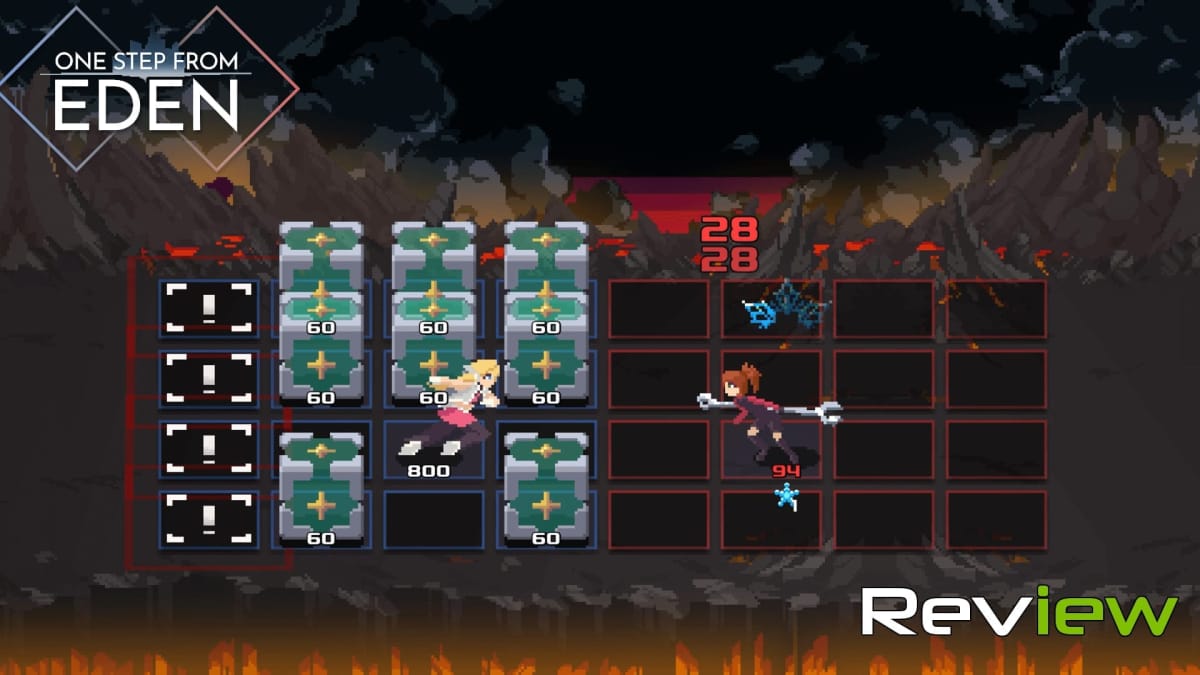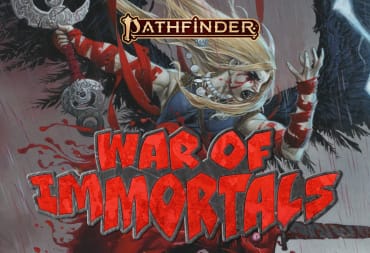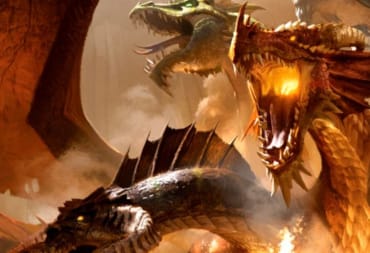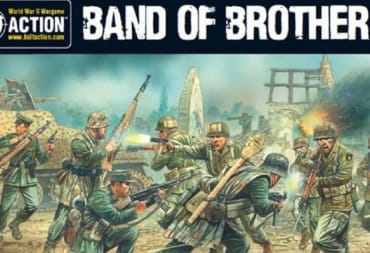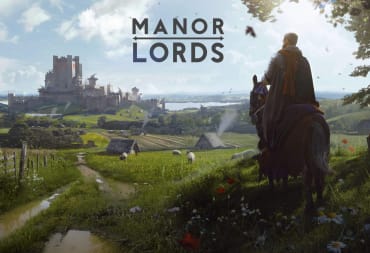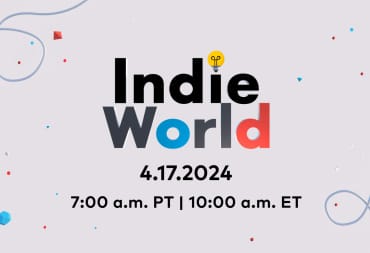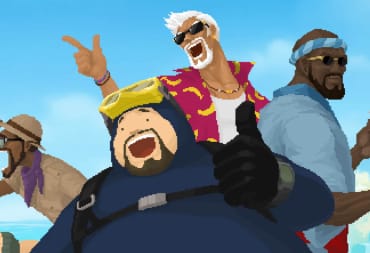If you played video games during the GBA/DS era, you might remember Capcom's Mega Man Battle Network. This spinoff cast the titular robot as an AI, shifting the genre from side-scrolling platformer to RPG. Known for their unique battle system, Battle Network combines deckbuilding with moving around a grid to battle viruses and other AIs. Unless they were regulars at Friday Night Magic, it was many player's first exposure to deckbuilding in games. We've seen plenty of deckbuilding in recent years in everything from Hearthstone to Slay the Spire, but few have returned to the action-packed formula used by the blue bomber. That's where One Step From Eden comes in, bringing Battle Network to 2020 with a bang.
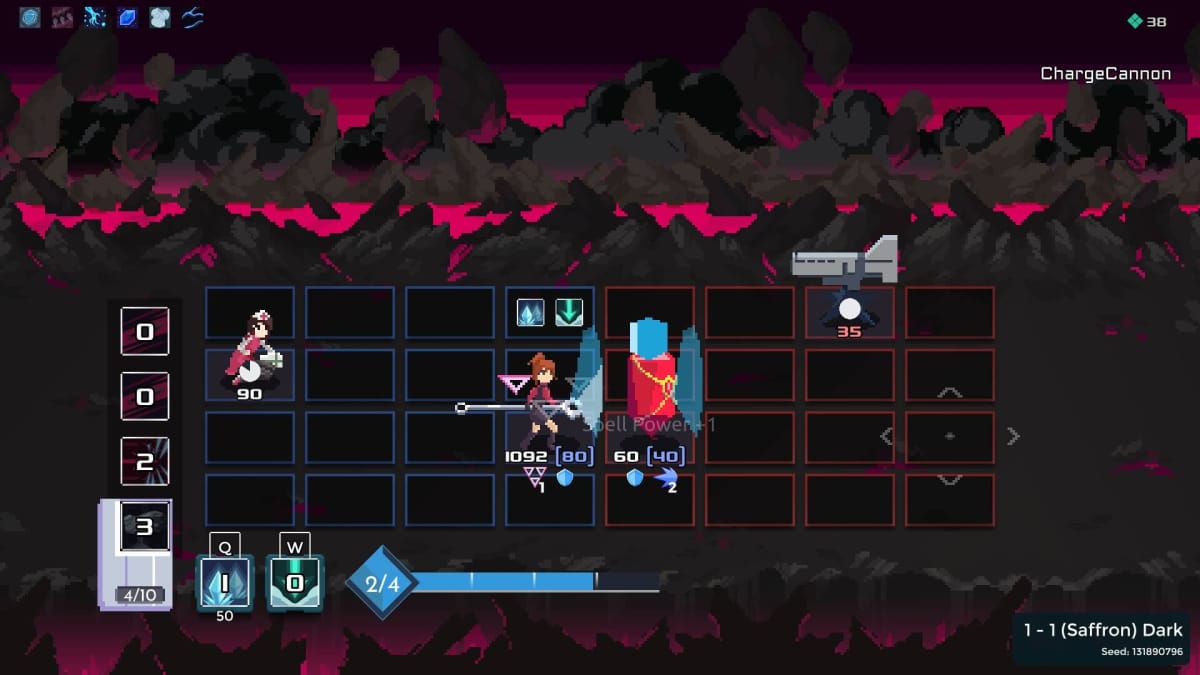
One Step From Eden has little story to deal with. Taking place in a bleak world ravaged by war, the only bastion of hope is the titular Eden. As one (or two in local co-op) of several characters, you'll travel through eight different areas while building up your deck of abilities, collecting artifacts, and fighting off enemies. At first, you'll only be able to play as the former military scientist Saffron, who starts out with an extra life, a fast but weak gun, and a suite of balanced cards. However, you can unlock other characters and loadouts for them by playing, and each character brings new gameplay styles to the table. Hazel, for instance, leans towards cards that summon temporary structures for offensive and defensive purposes, while Terra's skillset revolves around destroying enemy tiles to limit their movement.
Gameplay in One Step From Eden primarily takes place in the form of battles against various enemies. Like in Mega Man Battle Network, you and your opponent each have half of a larger grid where you move around and use your attacks. Also like Battle Network, each character has a basic weapon they can always use and (usually) doesn't cost mana and collectible cards that give you special attacks. That's where the main similarities end. Whereas Battle Network gives you a number of cards per turn and you choose up to five to use per turn, Eden puts all of your cards into one big deck and you have to use one of your two most recently-drawn cards to get a new one. When you run out of cards or press Space, you'll shuffle your deck and soon wind up with another full deck.
You'll rarely have much time to think. Combat is fast and furious, much the opposite of turn-based card battlers like Slay the Spire or Magic: The Gathering. Your foes are constantly on the move or attacking, so you'll have to be quick or be dead. Luckily, Eden's controls feel nice and tight with fluid animation that really adds to the pulse-pounding combat and keeps you from dying to iffy controls. Another very nice feature is that you have a marker showing which tile is four tiles away, which is the average range for most cards. This makes it much easier to quickly aim your attacks when things get frantic.
Outside of battles, you'll navigate a map of splitting paths as you make your way across eight distinct areas with different types of environments like forests, frozen wastelands, or ruins. Each node on the map represents a battle or a more peaceful event. Sometimes you might run into a battle where you have to keep a person alive to gain an extra reward. Or maybe you'll be able to go shopping to buy new cards or artifacts (or perhaps take a pact to gain some benefit at the cost of a temporary debuff.)
At the end of an area, you'll engage with a boss battle with one of the other characters, all of which eventually unlock as playable. Defeat them, and you're given the choice to kill them and gain the usual rewards of experience, cash, and artifacts, or you can spare them to heal a large amount of health. Sparing bosses also means they'll show up periodically to help you on your journey. Your decisions also influence how the final area plays out and which ending you get. Interestingly enough, bosses also have this choice. Lose to one, and there's a small chance they let you off and you can move on with a small amount of health.
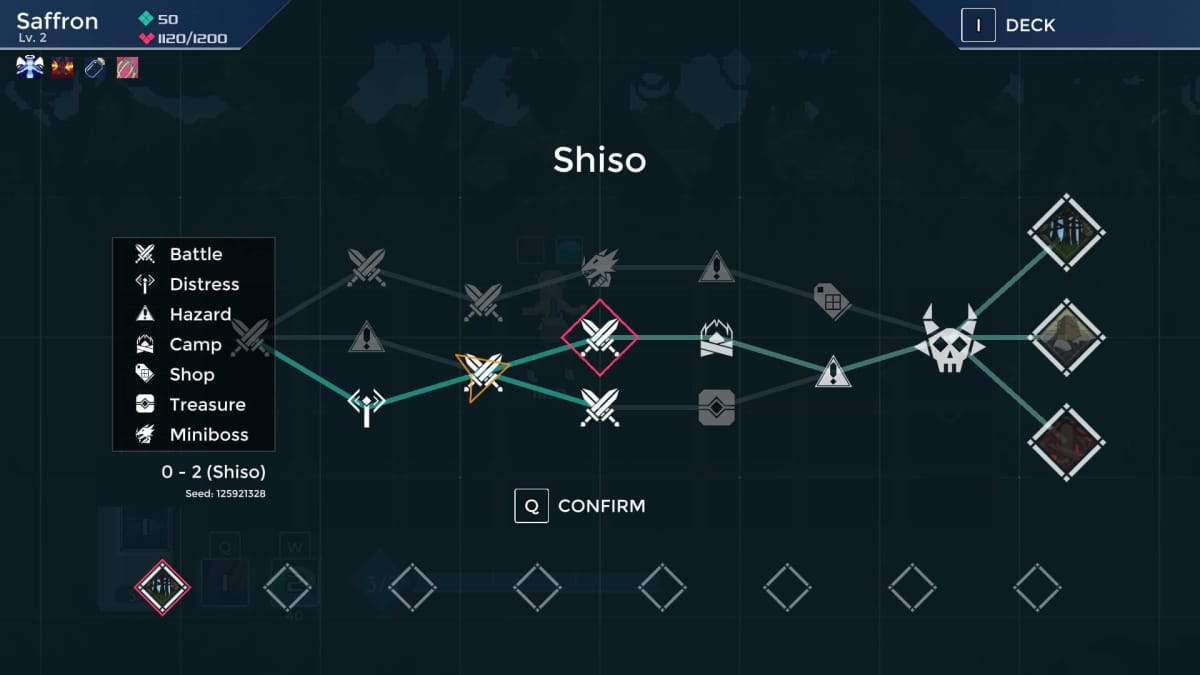
Given that One Step From Eden is a card battler, the cards you collect play a big part in any given playthrough. Luckily, there's a wide variety of over 200 cards, allowing for many different playstyles. Each card is part of one of ten different categories, or Brands, that roughly encompass a general theme. Anima, for instance, is usually themed around fire, frost, and lighting. Meanwhile, Phalanx is all about gaining and using the temporary hit points known as Shield.
Speaking of Shield, remembering all the fancy terms thrown around by card games can be difficult, but One Step From Eden is there for you by offering tooltips that pop up whenever you mouse over a card to explain any special terms on the card. Even better is that each card lets you see a preview video of the card in action, helping players visualize just what the card will do in the heat of battle. Many cards also come with bits of flavor text that reference other bits of pop culture. One card, which creates shards that explode on your enemy's field, features a line from a classic fan video from the golden age of Harry Potter.
If there's anything that could use improvement, it's the Focus system. At the deck menu, you can choose two Brands that'll appear more often as rewards from loot. However, it doesn't seem like this boost is enough to make a noticeable difference in what cards you get. Some characters start out with a Focus or two pre-set (Hazel, for instance has one for Hexawan cards, which includes most of the game's structure-making cards,) and even then your deck is likely to be mostly made up of unrelated cards. Most of the time, your deck will simply consist of whatever cards you found that look good, even if they don't have the best synergy.
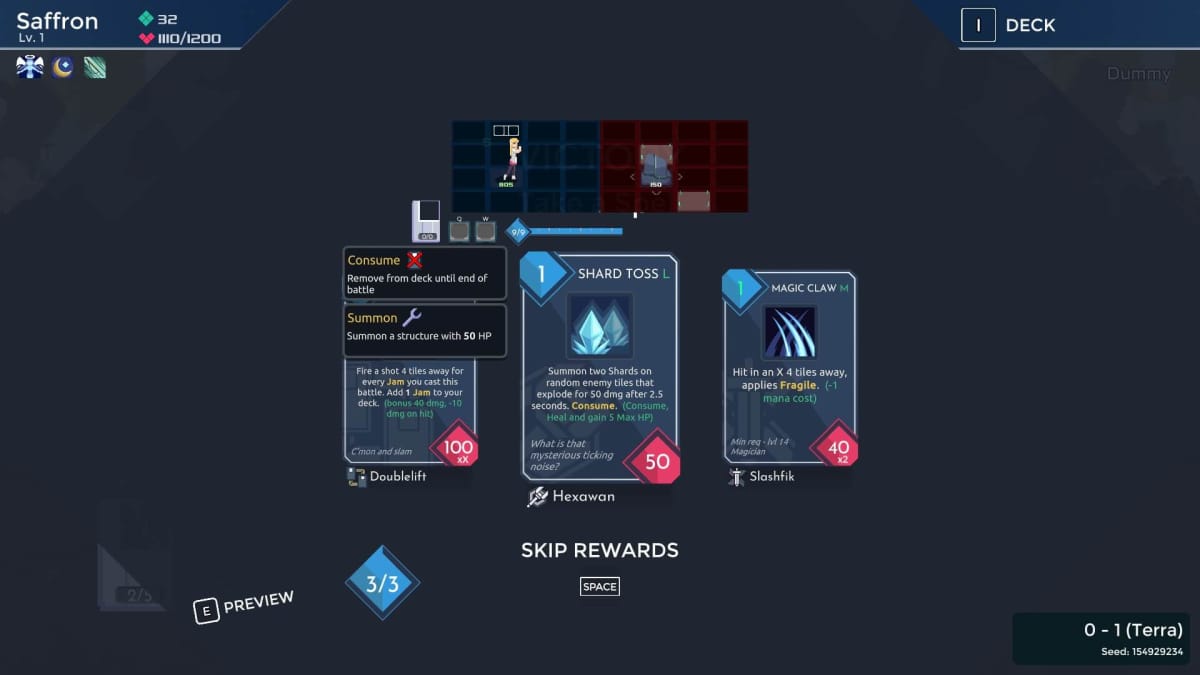
There's also a couple of minor UI control issues if you're playing with a keyboard. The most notable of these pops up whenever you get new cards or artifacts. On these screens, you can press Space to not choose to take any reward. However, the game also uses Space to continue on other post-battle screens (as well as Q, which is the general 'confirm' button.) That bit of confusion, combined with the game not mentioning that you use Q to select outside of the main menu, can lead to losing the occasional card/artifact pick due to muscle memory.
Despite some minor complaints, One Step From Eden may be one of the best indie games of early 2020. The gameplay and aesthetic, all done by a single developer, combine to make for an exciting experience. This game brings back the Mega Man Battle Network in a big way and will be great for any fan of card battlers. If you're looking for a great game to add to your library during these isolated days, pick up One Step From Eden.
TechRaptor reviewed One Step From Eden on PC with a copy provided by the developer/publisher. The game is also available on Nintendo Switch.
Review Summary
Pros
- Attractive, Fluid Pixel Art
- Pulse-Pounding Gameplay.
- Easy to Play, Hard to Master.
Cons
- Focus System Could Use Improvement.
- Minor UI Confusion
Have a tip, or want to point out something we missed? Leave a Comment or e-mail us at tips@techraptor.net
